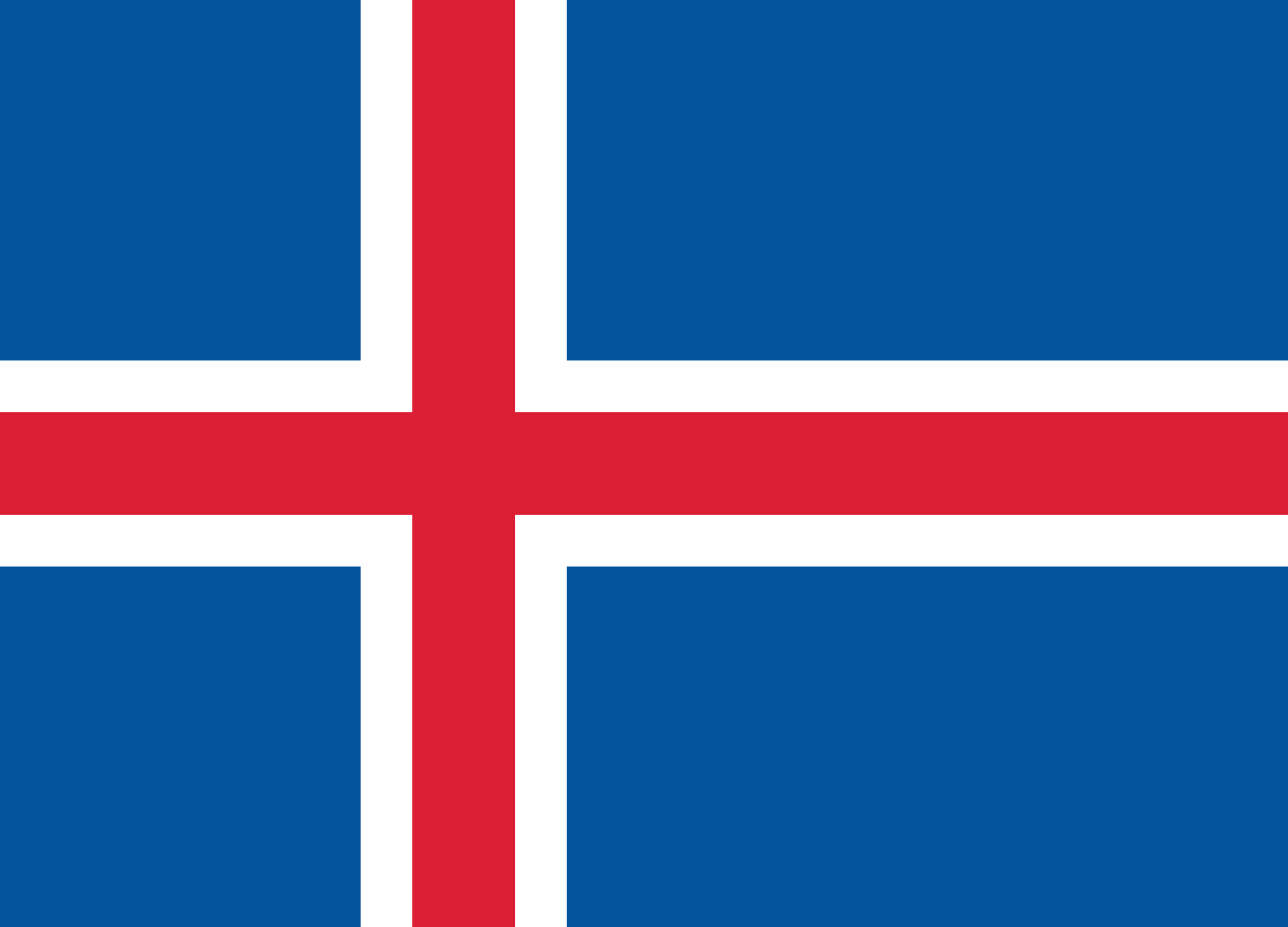Iceland
Iceland, a Nordic island nation, is defined by its dramatic landscape with volcanoes, geysers, hot springs and lava fields. Massive glaciers are protected in Vatnajökull and Snæfellsjökull national parks. Most of the population lives in the capital, Reykjavik, which runs on geothermal power and is home to the National and Saga museums, tracing Iceland’s Viking history.

-
Capital: Reykjavik
Important Cities: Akureyri, Hafnarfjörður, Kópavogur
Airports:
- Akureyri (AEY)
- Egilsstaðir (EGS)
- Keflavik (KEF)
- Reykjavík (RKV)
Tourist Attractions:
-
Golden Circle: A route that includes Geysir geothermal area, Gullfoss waterfall, and Thingvellir National Park.
Blue Lagoon: A famous geothermal spa.
Vatnajökull Glacier: Europe's largest glacier with stunning ice caves.
Aurora Borealis: Witness the mesmerizing Northern Lights.
Jökulsárlón Glacier Lagoon: A picturesque glacial lake.
Currency:
Icelandic Króna (ISK).
Cuisines:
Pylsa: Icelandic hot dogs.
Skyr: A thick, yogurt-like dairy product.
Hangikjöt: Smoked lamb.
Hákarl: Fermented shark.
Rúgbrauð: Dark, sweet rye bread.
Skyr: A thick, yogurt-like dairy product.
Hangikjöt: Smoked lamb.
Hákarl: Fermented shark.
Rúgbrauð: Dark, sweet rye bread.
Cultural Activities:
Explore contemporary Icelandic art and design.
Attend cultural festivals like the Reykjavik Arts Festival.
Learn about the country’s sagas and Viking history.
Attend cultural festivals like the Reykjavik Arts Festival.
Learn about the country’s sagas and Viking history.
Accommodation:
Iceland offers a range of accommodations, including 3-star, 4-star, and 5-star hotels, guesthouses, and cabins. Notable hotels include the Icelandair Hotel Reykjavik Natura and the ION Adventure Hotel.
Transport Connectivity:
Iceland has a well-maintained road network, but there are no railroads. Domestic flights are available for traveling between cities and regions. Ferries connect some of the inhabited islands.
Population:
Approximately 360,000.
Religion:
Predominantly Lutheran Christianity.
Languages Spoken:
Icelandic: The official language.
English and Danish are also widely understood and spoken, especially among the younger population and in the tourism industry.
English and Danish are also widely understood and spoken, especially among the younger population and in the tourism industry.
Disclaimer:
The information above is for reference, and we do not accept any liability for inaccuracies or updates.